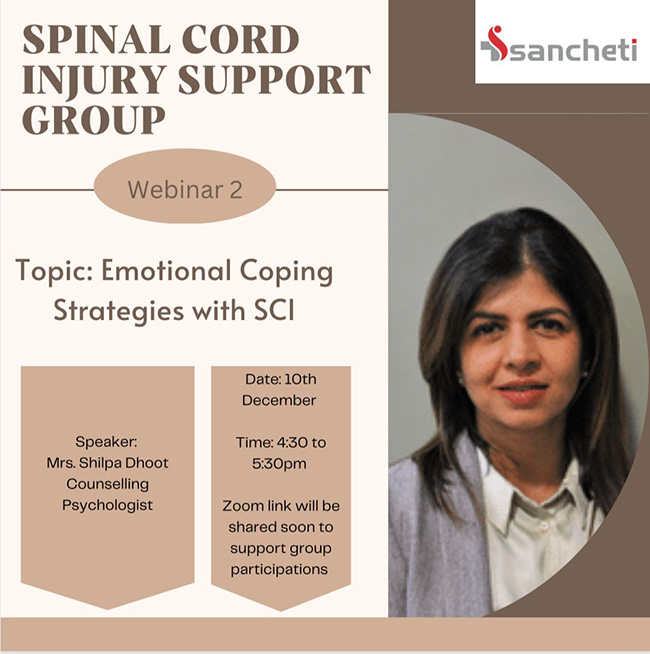World Alzheimer’s Day, observed on September 21, helps spread awareness about Alzheimer’s disease, its symptoms, and treatment options. Alzheimer’s is a progressive brain disorder that leads to the decline of memory, cognitive function, and reasoning. Here’s an overview of the symptoms and treatment options associated with Alzheimer’s disease:
Symptoms of Alzheimer’s Disease:
Alzheimer’s disease progresses through different stages, with early, middle, and late-stage symptoms. Common symptoms include:
- Memory Loss:
- Forgetting recent conversations, names, or events, especially in the early stages.
- Difficulty recalling important information, repeating questions or stories.
- Cognitive Impairment:
- Problems with concentration, planning, and problem-solving.
- Difficulty performing familiar tasks (e.g., cooking, using devices, managing finances).
- Confusion and Disorientation:
- Getting lost in familiar places.
- Confusion about time, places, or people.
- Language Problems:
- Struggling to find the right words or follow conversations.
- Speaking in incomplete sentences or repeating phrases.
- Behavioral and Mood Changes:
- Increased anxiety, depression, mood swings, irritability.
- Social withdrawal and loss of interest in activities.
- Poor Judgment and Decision-Making:
- Difficulty making decisions, such as managing money or assessing risk.
- Vulnerability to scams due to poor judgment.
- Changes in Physical Abilities:
- Loss of motor skills, like walking or coordinating movement (in advanced stages).
- Trouble with swallowing and controlling bladder or bowel movements (late stage).
Treatment Options for Alzheimer’s Disease:
While there is no cure for Alzheimer’s disease, treatment focuses on managing symptoms and slowing disease progression. Treatment options include:
Medications:
- Cholinesterase Inhibitors:
- Drugs like Donepezil (Aricept), Rivastigmine (Exelon), and Galantamine (Razadyne).
- These work by increasing levels of acetylcholine, a neurotransmitter involved in memory and learning.
- Effective in mild to moderate stages.
- Memantine (Namenda):
- Used for moderate to severe Alzheimer’s.
- Works by regulating glutamate, a chemical that, in excess, can damage brain cells.
- Combination Therapy:
- Some patients benefit from a combination of cholinesterase inhibitors and memantine.
- Newer Drugs:
- Recent FDA-approved drugs like Aducanumab (Aduhelm), which target amyloid plaques, thought to contribute to Alzheimer’s. These are controversial and still under evaluation.
Non-Drug Treatments:
- Cognitive Therapy:
- Cognitive stimulation therapy (CST) may help with memory, language, and social interaction.
- Lifestyle Changes:
- Healthy diet, regular physical exercise, and staying mentally active can reduce the risk or delay the onset.
- Brain games, puzzles, and other activities that engage memory and problem-solving can help maintain cognitive function.
- Psychological and Behavioral Therapies:
- Therapy can help manage mood changes, anxiety, and depression, improving quality of life.
- Caregiver Support and Counseling:
- Support groups, educational programs, and counseling help caregivers manage stress, improve communication, and provide the necessary care for Alzheimer’s patients.
Advanced Therapies:
- Occupational Therapy:
- Helps patients adjust to changes in cognitive function by teaching them to perform tasks safely.
- Modifications to the living environment can also help (e.g., labeling drawers, simplifying tasks).
- Speech Therapy:
- For patients with communication problems, speech therapists can help improve language skills or find alternative communication methods.
- Future Treatments:
- Ongoing research is exploring gene therapies, vaccines, and new drugs aimed at the underlying causes, like beta-amyloid plaques and tau tangles.
Supportive Care:
- Caregiver Training:
- Caregivers learn strategies to assist with daily tasks, manage behavior, and maintain the patient’s independence as long as possible.
- End-of-Life Care:
- In late stages, palliative and hospice care focus on comfort, dignity, and quality of life.
Early detection is key in managing Alzheimer’s more effectively.
4o









0 comments on “World Alzheimer’s Day.”